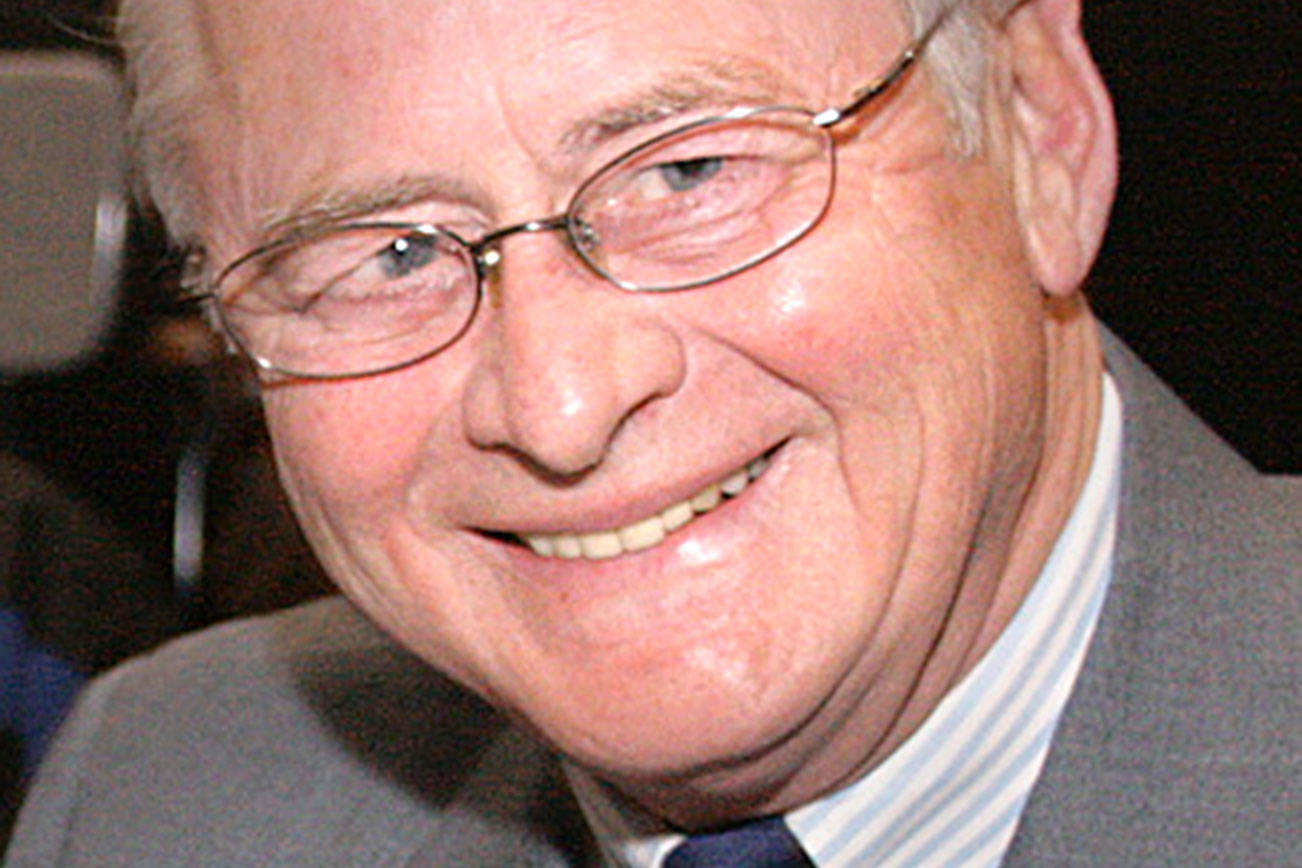Boeing is planning to move again. But it is farther east rather than back here.
Boeing is the world’s largest aerospace company and the leading manufacture of commercial jetliners. It was headquartered in Seattle from 1916 until 2001. They still have manufacturing facilities in Everett and Renton.
Even though Boeing has dropped its employee count from 72,000 to 56,000 over the past two years, Washington still has the largest work force anywhere in the world. Back 2001, we heard the same rational answer for the company’s move to Chicago — that the Pentagon remains a major key customer, and Boeing executives want to be able to get to the nation’s capital quickly.
However, we now know that it was more than that because Chicago offered Boeing something more than than proximity. But the difference in air travel from Chicago and car travel from Arlington to the Pentagon is minimal. Even though we are used to Boeing as a Northwest institution, we now know there may be other reasons for the move in 2001 and now. Chicago offered Boeing as much as $20 million in tax incentives to relocate.
According to recent media reports, there is the perception that Boeing is losing the plane race, so it packed up and headed in the wrong direction. At its peak, Boeing thrived on its engineering culture and commitment to social issues, and that in turn built their reputation for building the best and safest planes. Central to that success was a very disciplined approach to building airplanes that balanced risk and caution. Airplanes require very detailed specifications and Boeing followed a mantra of quality, schedule, then cost. Because if an airplane falls out of the sky, it is a really bad day.
But moving next door to the Pentagon has provided some critics with a signal that Boeing has lost the commercial race with Airbus. At the same time, Airbus is increasing its production in Alabama. Airbus is saying we are going to build lots of airplanes, and Boeing is saying we are going to lobby. Two 737 Max airplanes that crashed and killed 346 people on board led to a 20-month grounding of the airplanes. The two crashes of Max 737s has been a financial challenge for the company and may have cost them that $20 million they got from Chicago. They have forgotten that the passenger is also one of their customers and working with Congress is likely only a short-term solution since the company already has over 100 lobbyists and a lobbying budget of $13.4 million, and the Max is back flying again.
As for outsourcing the 787 to South Carolina? Boeing had to buy the Charleston facility when it didn’t have the engineering capacity or manufacturing capabilities for the 787 fuselage. That led to outsourcing from Everett’s unionized work force to Charleston’s inexperienced non-union one.
The long-term solution would be to return to their engineering roots and convince critics that they can build safe planes, rather than always looking for financial profit. Some analysts believe the trouble started with the purchase by Boeing of McDonnell Douglas in 1997. It changed the culture where Boeing had the technical solution and McDonnell had the political one, and it lead some to believe they are doing the opposite of what they should be doing.
Federal Way resident Bob Roegner is a former mayor of Auburn. Contact bjroegner@comcast.net.


